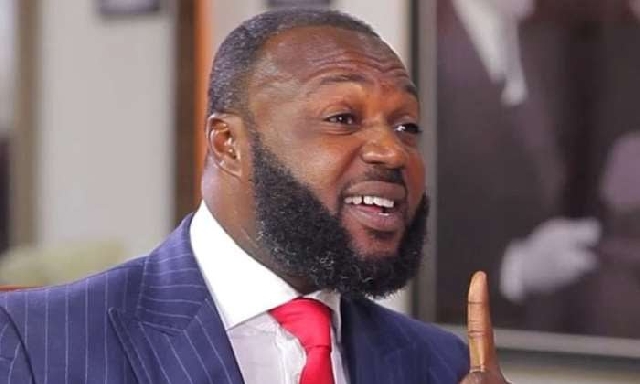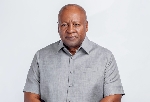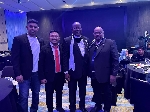Ato Essien's bail sparks outcry over plight of sick prisoners in Ghana
 Ato Essien
Ato Essien
The recent bail granted to William Ato Essien, founder of the defunct Capital Bank, has reignited public debate about inequality within Ghana’s justice system—particularly the harsh realities faced by sick and underprivileged inmates across the country’s correctional facilities.
Despite suffering from life-threatening illnesses, many prisoners in Ghana remain without adequate medical care, legal representation, or public sympathy.
Their plight, largely ignored, stands in stark contrast to the growing public campaign in support of Ato Essien, who was convicted for causing financial loss to the state.
Essien’s case has drawn considerable attention, with over 3,000 verified signatures collected in an online petition calling for presidential clemency.
Prominent voices such as Dr. John Appiah and veteran broadcaster Kwaku Sintim-Misa (KSM) have joined the call for his release, arguing that his sentence was excessive and his efforts at restitution should be considered.
The Court of Appeal recently granted Essien bail set at GH₵10 million with two sureties, pending the outcome of his appeal.
He was initially handed a 15-year custodial sentence after failing to fully honour a restitution agreement involving GH₵90 million in Bank of Ghana liquidity support funds.
His legal team insists he remains committed to repaying the outstanding amount.
However, this development has provoked criticism from sections of the public and civil society groups who argue that the justice system unfairly favours the wealthy and well-connected.
Many have questioned why similar compassion is not extended to destitute inmates—especially those battling critical health conditions without any form of support or legal recourse.
Critics say the attention on Essien highlights a troubling imbalance in the system: while affluent convicts benefit from advocacy campaigns and legal manoeuvring, the voiceless majority continue to languish in dire conditions.
“This is not about Ato Essien alone,” one rights advocate noted. “It’s about what kind of justice system we’re building—one that responds to money and influence, or one that guarantees dignity for every Ghanaian, regardless of status.”
Source: Classfmonline.com/Cecil Mensah
Trending News

President Mahama orders nationwide integration of new security and E-gate systems at airports and borders
12:09
Ghana must intentionally build indigenous agribusiness icons - Agri-Impact CEO
17:07
C/R: Presbyterian Minister urges Ghanaians to embrace customs, culture and traditions
14:18
Roads Minister unveils Mahama’s road agenda at Gov't Accountability Series
09:09
Young Executive CEO honoured with two International awards at Champions of Asia 2025 in Malaysia
15:16
Police uncover international car theft syndicate smuggling stolen vehicles into Ghana
11:52
Ghana donates 40 metric tons of cocoa products to Palestine amid Gaza humanitarian crisis
15:34
O/R: 846 final-year SHS students set to return after Nkwanta clashes
13:53
MoH pays salaries of 321 pharmacist interns, assures rotation nurses and allied health interns of imminent payment
08:44
Attorney-General emphasises asset recovery over prolonged trial in Unibank case
12:47



